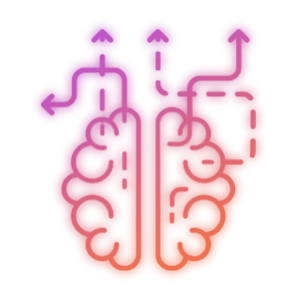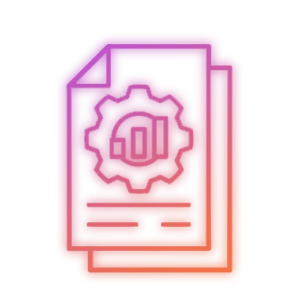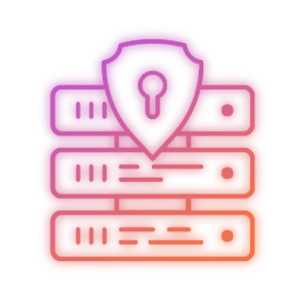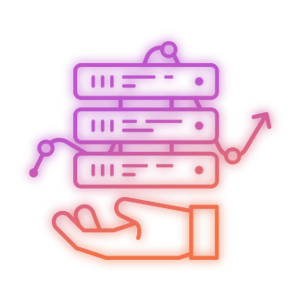Social
Social interaction. Whether you believe you’re an introvert, extrovert, or an antisocial ambivert that can only unlock their true selves while on an inappropriately desanctifying psychedelic tourist trip in the jungle, we all require a good chat every now and then.
In fact, the urge to vent about our work colleague’s excessive use of staples is such an innate process that it feels that if we chose to repress our thoughts instead of communicate them, our health would decline dramatically.
Now, I’m not saying that refusing to be a narc would cause a worldwide staple shortage, all at the hands of f*%kng Susan not sticking to the one staple per stack rule. It’s just that social interaction is so evolutionarily wound into the fabric of our being, that our brains rely upon emotional feedback from other human beings. All for the analysis of your individual reproductive success and survivability odds.
Whether we care to admit it or not, our actions are heavily influenced by how we believe we’ll be perceived by our peers. This results in our mental, emotional, and physical health being affected by the stress of needing to meet imagined expectations.
No matter how nonconformist we believe ourselves to be, we design our lives by using identity and morals as a way to disguise conformity.
Most people (ironically) hate the idea of not being unique. However, that is probably because the act of “being different” (but not dangerous) offers inherent value to the “tribe”, potentially increasing our individual reproductive success and spot in the hierarchy. Additionally, without frequent social interaction we increase the risk of uncertainty within our respective tribe/s. We become that dodgy hermit that hides on their island all day, which nobody dares speak of.
Given that tribes are no longer restricted to Dunbar’s number (approx. 150-500), and the fact that we now also have the ability to instantly communicate with anybody around the world, we are much more likely to attach ourselves to religious, spiritual, and fringe group identities for the sake of fulfilling our biological urges and to reduce the threat of being ostracized. However, we are not complete slaves to our emotional and social motivational drivers. If we can teach ourselves how to identify and measure our social requirements (like a sim) we should be able to attend to them before they cause detrimental effects to our mental, and thus physical health.
By accepting our social requirements as a necessity rather than a burden or a weakness, we can gain control over our physiology and reduce our overall stress load.
Developing healthy relationships, that mutually meet you and your peers’ needs, is the first step towards managing your stress levels and improving your health and wellbeing. Social acceptance provides perceived safety and prevents our brains from hunting for meaning via less savory and temporarily satisfying ways, e.g. drugs, selfish behavior, and isolation.
We’ve barely scratched the surface of our social requirements here, but it goes without saying that our understanding of ourselves and our needs are greatly misunderstood, and require a massive overhaul.
The links below attempt to cover everything from the physiological effects of healthy relationships, our part to play within our neo-tribes, all the way to learning how to optimize our social interaction via participation in activities that transcend the self. So click what you would like to address and we can continue down this off-the-beaten-track pathway of health.
Choose Your Own
Adventure

Interaction Entwined (To Be Completed)
Why social interaction is essential for our survival and why we are lonely in a hyperconnected world.

Building Relationships (To Be Completed)
Love, attachment, and the importance of real-world social skills and lasting relationships.

Know Thy Enemy (To Be Completed)
Trying to distinguish if the cause of suffering is self-imposed and what to do if it isn't.

Interaction Optimization (To Be Completed)
The most efficient way to fill your social quota.

The Social Rabbit Hole (To Be Completed)
Follow us down into the depths of the social psychology research rabbit hole.

